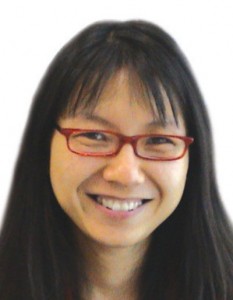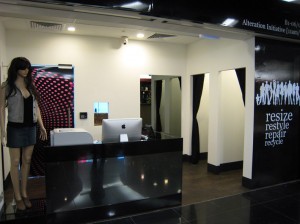This letter was sent to the Straits Times on 18 March 2010
AWARE Welcomes New Measures for Maintenance Enforcement
The new measures announced last week by the Ministry of Community Development to strengthen the enforcement of maintenance orders are significant and positive developments in the family justice system. They are particularly important to those claimants who struggle to access money already ordered to be rightfully theirs by the court.
There are two aspects to this problem. First, the number of defaulters is significant and on the rise. Second, many complainants, mostly women, encounter difficulties in navigating the enforcement process which can be costly, time-consuming and daunting. The proposals deal with both of these aspects.
Some of the new measures to deter defaults and secure payments are particularly innovative and have real potential to ensure that those who should be paying maintenance actually do so. Giving the court the power to impose community-based sentences is a better approach than imposing fines and prison sentences, which often lack the intended deterrent effect and can even lessen the claimants chances of getting the maintenance due to her.
Giving claimants the means to report maintenance debts to credit bureaus will hopefully deter a potential defaulter from ignoring his responsibility to pay maintenance. He will realise that other aspects of his financial well-being can be affected by non-payment. Increasing the number of attachment to earnings orders has proven effective in other countries as it takes the matter out of the defaulters control.
Such powers are meaningless, however, unless claimants can access them. The typical claimant is a mother in her late 30s or 40s with only secondary education. She is usually seeking to enforce the maintenance order against her ex-spouse, often having to do so repeatedly, and cannot afford a lawyer. Efforts to make the process easier are most welcomed.
Increased availability of assistance for litigants-in-person and the power to order parties to disclose details of their financial status are all laudable developments. More can be done, such as giving access to tax statements in addition to CPF statements.
Future developments could build on these improvements, for example setting up a central body to administer and enforce maintenance payments, as has happened in places such as the United Kingdom and Australia. For now however, AWARE welcomes and applauds these measures and acknowledges the work of various organisations like the Singapore Council of Women’s Organisations in pushing for change.
Corinna Lim
Executive Director




 The new measures announced last week by the Ministry of Community Development to strengthen the enforcement of maintenance orders are significant and positive developments in the family justice system. They are particularly important to those claimants who struggle to access money already ordered to be rightfully theirs by the court.
The new measures announced last week by the Ministry of Community Development to strengthen the enforcement of maintenance orders are significant and positive developments in the family justice system. They are particularly important to those claimants who struggle to access money already ordered to be rightfully theirs by the court.
 AWARE’s Letter to the ST Forum published March 15 2010
AWARE’s Letter to the ST Forum published March 15 2010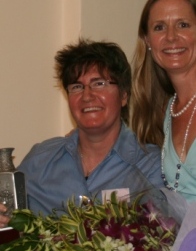
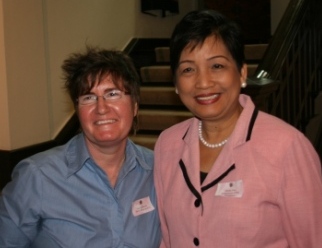




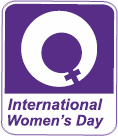
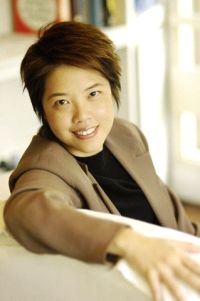 Corinna brings to AWARE substantial managerial, strategic-planning and entrepreneurial skills over and above her legal training. Last year she was a key player in the effort to reclaim control of AWARE at the May 2 EGM. A
Corinna brings to AWARE substantial managerial, strategic-planning and entrepreneurial skills over and above her legal training. Last year she was a key player in the effort to reclaim control of AWARE at the May 2 EGM. A
